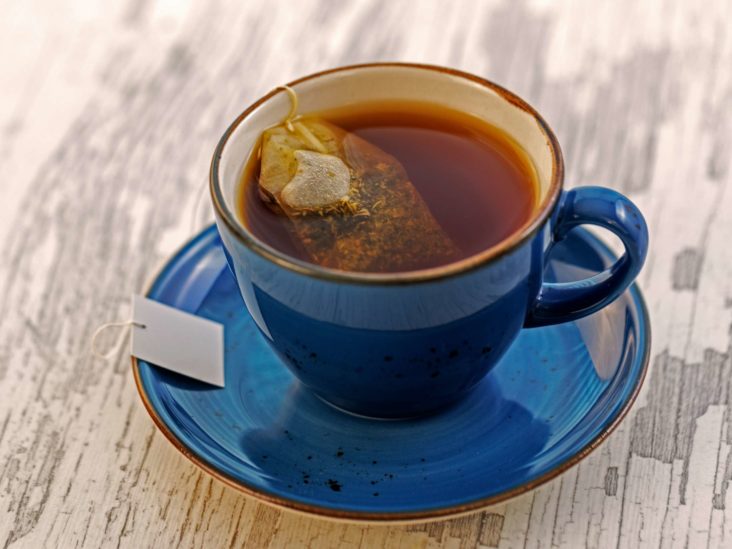Tea is known as one of the most popular and ancient drinks. Some people drink it for the taste and social experience and some people drink tea as they have been advised that a specific type of tea will help in a particular disease. Many past studies have found that tea offers a variety of health issues. Tea can reduce the risk of heart diseases as well which are caused by high blood pressure. Now a new study has shown how an element in the tea acts at the cellular level to reduce blood pressure. Experts have said that the findings of the study might affect treatments for hypertension. Hypertension is a health condition, which impacts hundreds of millions of people across the world. Scientists from the University of California, Irvine (UCI) have joined hands with experts from the University of Copenhagen, Denmark for this study. The study has noted that two antioxidants in tea called catechins release a protein channel in the membranes of soft muscle cells, which line blood vessels. This channel prompts positively charged potassium ions to leave the cells. It results in the dilatation of blood vessels and ultimately it leads to reduced blood pressure. The findings of the study have been released in the journal called Cellular Physiology and Biochemistry.
Experts have said that catechins stimulate a potassium ion channel, which is known as KCNQ5. These channels are found in nerves and muscles that allow passage for ions. This kind of electrical exchange allows information to pass from the brain to other parts of the body. It directly affects the muscles’ contraction and relaxation process. In the study, experts have used computer models and mutated versions of the protein channel to show that catechins attach to a part that senses changes in the voltage. Experts have said that ion channels are voltage-gated and they open and close due to electric changes. The binding of the catechins helps the channel to open more easily and earlier in the cellular excitation process, said the experts. Prof Geoffrey Abbott, who is the lead author of the study, has said that in this process, muscle cells will become less excitable and they are less likely to contract. This process helps in the dilation of blood vessels and reduces blood pressure. The authors of the study have done this experiment on rats to test the theory. They have calculated changes in tension in the walls of arteries and have proved that catechins, which are found in tea, stimulate the KCNQ5 channel and reduced blood pressure.
Experts have said that adding milk to tea will not reduce the beneficial effect of catechins on blood pressure. They have said that the stomach will split the beverage’s chemical elements and the catechins will be free to release their beneficial effect on the body. In the lab testing, experts have not found that the milky tea will disturb the activation of the KCNQ5 channels. Experts have tested iced tea as well in the study. In the case of iced tea, the activation of the KCNQ5 channels has shot up to 35 0C. However, this temperature is accomplished after the tea is consumed irrespective of how it is ingested. Experts have said that the human body works at 37 0C, so the antioxidants will act at optimal temperature. Drinking tea more frequently will help manage blood pressure, said the experts. Nevertheless, there is a need for further studies to come up with new treatment protocols linked to tea consumption. People, who are dealing with hypertension, take a combination of medicines to keep their blood pressure under control.
